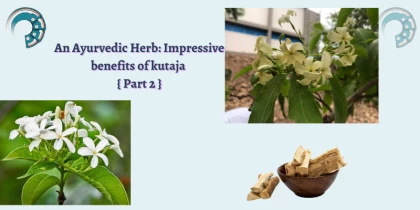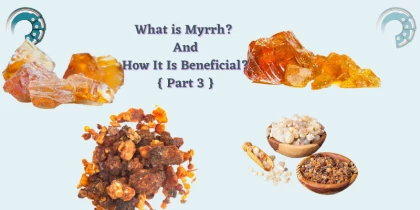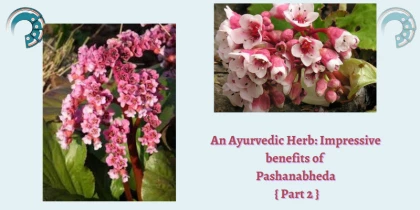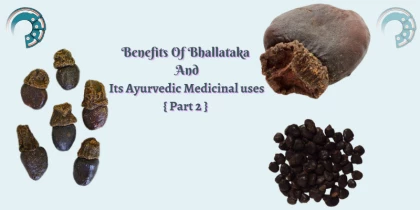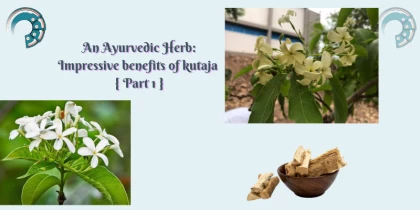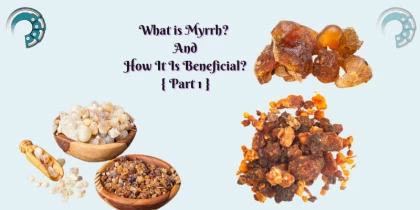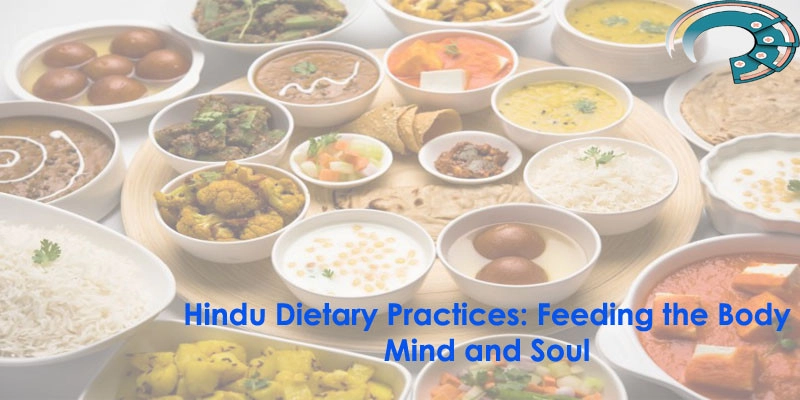
Hindu Dietary Practices: Feeding the Body, Mind, and Soul
Hinduism, which has its roots in India and is widely regarded as the third-largest religion in the world, is based on a love of nature and the significance of leading a simple, natural life. The Hindu faith includes several health principles and dietary practices stemming from the idea of living in harmony with nature and having mercy and respect for all of God's creatures.
The Hindu religion, which is largely practiced in India, Nepal, and Sri Lanka, holds that the human body is composed of natural substances such as earth, air, fire, and water. While an imbalance suggests the reverse, a proper balance of these components indicates excellent health. Hindus consider meditation and self-control to be the best routes to health, with a prayer to the All-Powerful God serving as a final resort. Many Hindus use yoga as a way to integrate their body, mind, and intellect to achieve absolute harmony or alignment.
The Hindu Dietary Code
The body, in turn, needs nourishment for the spirit to express itself. In Hinduism, a healthy diet is seen as essential for the growth of the spirit. Food is divided into three categories in the Hindu diet code based on how it affects the body and temperament:
- Rajasic food, on the other hand, is thought to arouse strong emotional traits, passions, and restlessness in the mind. Rajasic food is thought to cause strong emotions, passions, and restlessness in the mind.
- Food that is leftover, stale, overripe, spoilt, or otherwise unclean is considered tamasic, and it is said to cause negative feelings like resentment, jealousy, and greed.
- Fruits, nuts, whole grains, and vegetables are examples of the Sattvic food category, which is considered to be the healthiest option because it doesn't irritate the stomach and purifies the mind. These foods are thought to bring about serenity and virility, or what is referred to as an "increase in one's magnetism."
Hindus believe that to preserve the ideal mental condition that results in enlightenment, one must consume pure food. In addition to being necessary for survival, eating helps people stay healthy and keep their bodies and minds in balance. One can secure a pure heart, a long life, a happy spirit, strength, health, happiness, and delight by consuming food of a purer quality, such as a Sattvic diet, and by controlling food consumption. Good and wholesome food encourages a calm, not agitated, mind, which is necessary to recognize the Truth for what it is. Sin or an anxious state of mind blocks the path to moksha (divine supreme knowledge, which leads to freedom from the cycle of birth, life, death, and rebirth).
Some specific Hindu dietary customs and practices include the following:
- A true devotee will not consume any food that has not been offered to God first. Before eating the food, one must have God's blessing. Hindus can do this by saying shlokas and offering their daily meals to the specific deities they revere (prayers). Food that has been offered to God is then consumed as Prasad or blessed food.
A devoted Hindu first sprinkles water around the plate as a purification ritual before beginning any daily meal.
- To express gratitude to the devta runa (divine powers) for their kind grace and security, five morsels of food are placed on the side of the table.
- Happy Birthday is written with the sacred symbol "OM" on the birthday cake in honor of a kid. Additionally, rather than having the child blow out the candles, a lamp is lit. Lighting a lamp represents new life, a fresh start, or the dissemination of knowledge in the Hindu religion.
Health Considerations of the Vegetarian Diet
There is a misconception that vegans lack certain vitamins. When consumed in sufficient proportions, vegetables, fruits, and nuts actually contain all the nutrients our bodies require; vitamin B12 is the one exception. Vegetarians must substantially increase their protein consumption to make up for this potential deficit, which can result in anemia and other diseases. The American Dietetic Association (ADA) advises vegetarians to consume more rice milk, soy milk, yeast extracts, and morning cereals to make sure they obtain enough vitamin B12 in their diets.
While some vegetarians may not eat meat, fish, or poultry, they do occasionally ingest eggs and/or dairy products. A vegan diet, in contrast, is a vegetarian diet that forbids the use of any form of animal products (i.e., no meat, eggs, or dairy). As a result, vegans typically consume less calcium than non-vegetarians, albeit they can also have lower calcium needs. Omega-3 fatty acids are present in flax seeds, walnuts, soybeans, and dark green vegetables. Vegans are encouraged to consume more of these foods.
A well-planned vegetarian or vegan diet can lower the risk of numerous chronic illnesses, including heart disease, obesity, diabetes, asthma, high blood pressure, and cancer. The ADA is just one example of a well-known health group that acknowledges this. Vegetarians can have healthier, longer, and more productive lives with fewer doctor visits, fewer dental issues, and reduced medical costs since they are less likely to contract serious diseases.
Here are some additional health benefits of the vegetarian diet:
- Vegetarians' immune systems are stronger, their skin is less imperfect, and their bodies are purer and more refined. for low-income groups.
- A significant health issue in underprivileged communities is sadly the lack of adequate access to grocery stores that provide high-quality, fresh fruit.
- Lastly, because the meat is more expensive than fruits, vegetables, and other plant foods, a vegetarian diet can also offer financial advantages



